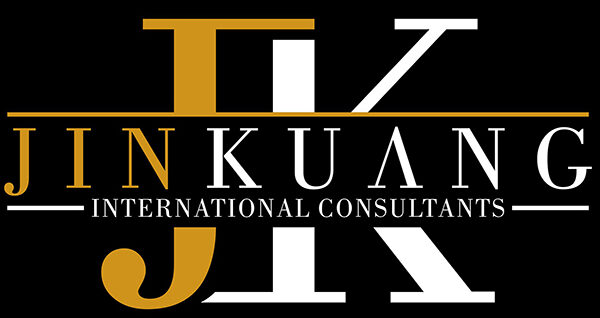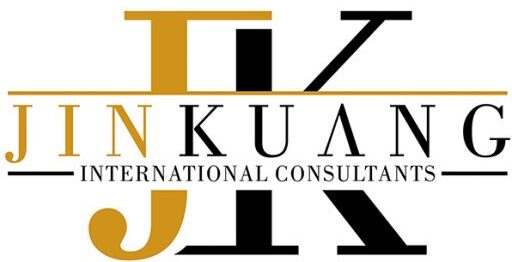
In the intricate dance of business, where decisions impact not just the bottom line but the very fabric of organizational identity, core values stand as silent orchestrators. These are the principles that define a company’s character, guiding its actions, shaping its culture, and influencing its relationships with clients and the broader world. Let’s delve into the significance of core values, exploring why they matter, how companies choose them, and their profound impact on company culture, client relationships, and overall business success.
Defining Core Values:
At its core, pun intended, core values are the deeply ingrained principles that define the essence and identity of a company. They are not mere statements; they are the moral compass, guiding every decision, action, and interaction within an organization. Core values articulate what a company stands for, serving as the foundation upon which its culture is built.
Why Core Values Matter:
1. Guiding Decision-Making: Core values act as a set of guiding principles that steer decision-making at every level of the organization. In moments of uncertainty, they provide a clear path, ensuring that actions align with the company’s overarching mission and principles.
2. Cultural Foundation: Core values shape the culture of a company, influencing how employees interact, collaborate, and approach their work. They foster a sense of shared identity and purpose, creating a cohesive and positive work environment.
3. Attracting and Retaining Talent: Companies with well-defined and authentic core values attract like-minded individuals who resonate with the organization’s principles. This not only aids in recruitment but also contributes to employee satisfaction and retention.
4. Client Relationships: Core values are not confined to internal operations; they extend to client relationships. Clients are drawn to companies whose values align with their own, fostering trust and long-term partnerships.
5. Brand Identity: Core values are integral to brand identity. They convey what a company stands for and what clients can expect. Authenticity in upholding these values enhances brand credibility and loyalty.
How Companies Choose Core Values:
Choosing core values is a thoughtful process that involves aligning the principles with the company’s mission, vision, and long-term objectives. Here are key considerations in the selection process:
1. Mission Alignment: Core values should align with the overarching mission of the company. They should reflect the essence of what the company aspires to achieve in the long run.
2. Employee Input: Inclusive companies often involve employees in the process of choosing core values. This fosters a sense of ownership and ensures that the values resonate with the entire workforce.
3. Client-Centric Approach: Companies may also consider the values that would resonate with their target clients. Understanding client expectations and preferences can guide the selection process.
4. Authenticity: Authenticity is crucial. Core values should genuinely reflect the company’s beliefs and should not be chosen merely for their appeal. Authentic values create a genuine organizational culture.
Impact on Company Culture:
The influence of core values on company culture is profound. They shape the norms, behaviors, and interactions within the organization:

1. Behavioral Guidelines: Core values serve as behavioral guidelines, informing employees about the expected conduct within the organization. This creates a cohesive and positive work environment.
2. Team Cohesion: Shared values foster a sense of unity and belonging among employees. They provide a common ground for collaboration and teamwork, breaking down silos and enhancing cross-functional cooperation.
3. Decision Consistency: When core values are embedded in the company culture, decision-making becomes consistent. Employees at all levels can rely on these values as a reference point for ethical and strategic choices.
4. Employee Engagement: A values-driven culture enhances employee engagement. Employees who align with the company’s values are more likely to be motivated, satisfied, and committed to their roles.
Importance to Clients:

Core values extend beyond internal operations; they significantly influence how a company is perceived by its clients:
1. Trust Building: Clients are more likely to trust a company with clearly defined and upheld core values. Consistency in values builds a sense of reliability and trustworthiness.
2. Alignment of Values: Clients are drawn to companies whose values align with their own. This alignment fosters a deeper connection and a more meaningful and enduring client relationship.
3. Enhanced Reputation: Companies with authentic and well-communicated core values tend to have a better reputation. Positive brand perception contributes to client retention and acquisition.
Influence on Business Success:
The impact of core values on business success is multi-faceted, contributing to sustainable growth and resilience:
1. Employee Performance: A values-driven culture enhances employee performance. Motivated and engaged employees are more likely to contribute to the success of the company.
2. Innovation and Adaptability: Core values that encourage innovation and adaptability position a company for long-term success. In a rapidly changing business landscape, the ability to innovate is a key driver of resilience.
3. Client Retention: Clients who resonate with a company’s values are more likely to remain loyal. Client retention is crucial for sustained revenue and long-term business success.
4. Market Differentiation: Authentic core values differentiate a company in the market. In a sea of competitors, values become a unique selling proposition that attracts clients and talent.
Core values are the compass that guides a company through the ever-changing landscape of business. They are not just lofty ideals but practical principles that shape behavior, culture, and relationships. Choosing core values is a deliberate and strategic process that aligns the company with its mission and resonates with its employees and clients. The impact of core values is far-reaching, influencing company culture, client relationships, and overall business success. As businesses navigate the complexities of the modern world, the importance of authentic and well-communicated core values becomes increasingly evident, standing as beacons of integrity and excellence in the corporate landscape.
Learn about JKIC's Core Values:
Click Here to learn more about Jin-Kuang International’s Core Values that drive us in every aspect of our business.

References
1. “Building Your Company’s Vision.” Harvard Business Review.
(https://hbr.org/2000/09/building-your-companys-vision)
2. “The Importance of Core Values in Business.” Forbes.
(https://www.forbes.com/sites/forbesagencycouncil/2020/09/01/the-importance-of-core-values-in-business/?sh=469de7751992)
3. “How to Choose Your Core Values.” Harvard Business Review.
(https://hbr.org/2018/01/how-to-choose-your-core-values)
4. “Core Values at Work: Insights from America’s Most Trusted Companies.” SHRM.
(https://www.shrm.org/hr-today/news/hr-magazine/0219/pages/core-values-at-work-insights-from-americas-most-trusted-companies.asp

